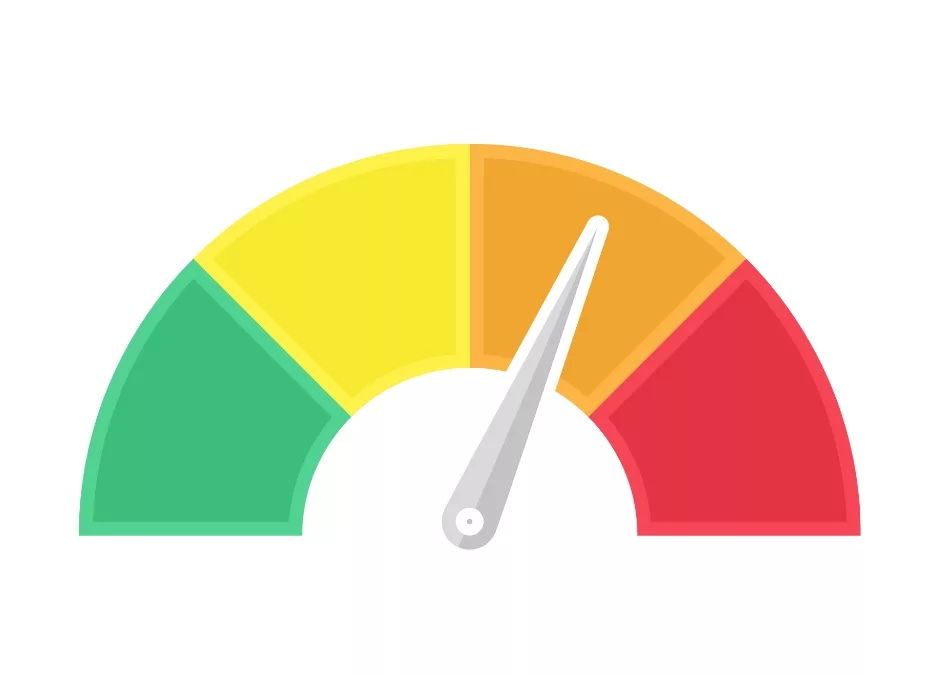Your credit score is a critical factor that lenders use to determine your creditworthiness and assess your risk level as a borrower. Whether you’re looking to apply for a mortgage, car loan, or credit card, having a good credit score is crucial for obtaining favorable terms and interest rates. However, if you’re currently facing a lower credit score, don’t despair. By implementing a few strategies and making some sound financial decisions, you can improve your credit score over time. In this blog post, we will explore some effective ways to boost your credit score and secure a better financial future.
1. Check your credit report:
To start improving your credit score, you need to know where you currently stand. Obtain a copy of your credit report from each of the three major credit bureaus (Equifax, Experian, and TransUnion) and carefully review it for any errors or discrepancies. If you spot any inaccuracies, reach out to the credit bureau to have them corrected. It’s essential to have an accurate credit report as it forms the basis of your credit score calculations.
2. Pay your bills on time:
One of the most crucial factors in determining your credit score is your payment history. Late or missed payments can severely impact your credit score. Establish a habit of paying your bills on time, including credit cards, loans, and utilities. Consider setting up automatic payment options to avoid any accidental late payments. The longer you maintain a consistent record of timely payments, the more positive impact it will have on your credit score.
3. Reduce your credit utilization ratio:
Your credit utilization ratio refers to the amount of credit you’ve used compared to your total available credit limit. High credit utilization can negatively impact your credit score. Aim to maintain a credit utilization ratio below 30%. For example, if you have a credit limit of $10,000, try to keep your outstanding balance below $3,000. By paying down your debts and keeping credit card balances low, you’ll demonstrate responsible credit management and improve your credit score.
4. Build a positive credit history:
If you have a limited credit history, it can be challenging to build a solid credit profile. However, there are a few strategies you can employ. Applying for a secured credit card can be an effective way to start building or rebuilding your credit. Secured cards require a cash deposit that serves as your credit limit, reducing the risk for the lender. By making timely payments and using the card responsibly, you can establish a positive credit history.
5. Avoid opening unnecessary credit accounts:
While diversity in your credit portfolio can be beneficial, opening multiple credit accounts within a short period can be viewed negatively by lenders. Each time you apply for credit, it triggers a hard inquiry on your credit report, which can lower your score temporarily. Only apply for credit when necessary, and always research and compare different lenders to find the best terms that fit your financial goals.
6. Pay off outstanding debts strategically:
If you have multiple outstanding debts, it may be overwhelming to tackle them all at once. Develop a strategic repayment plan to efficiently manage your debts. Prioritize paying off high-interest debts first, as reducing those balances will have a more significant impact on your credit score. Additionally, consider negotiating with creditors or working with credit counseling agencies to find debt repayment solutions that suit your financial situation.
7. Be patient and consistent:
Improving your credit score takes time, and there are no instant fixes. Consistency in your financial habits is key. By practicing responsible borrowing and repayment behaviors over an extended period, you’ll gradually see your credit score improve. Stay focused on your financial goals, and avoid making impulsive decisions that can negatively impact your credit.
In conclusion, improving your credit score is a gradual process that requires discipline, organization, and smart financial choices. By monitoring your credit report for errors, paying bills on time, reducing credit utilization, and building a positive credit history, you can take crucial steps to improve your creditworthiness. Remember, your credit score is not fixed, and with time and diligence, you can achieve a better financial future.
How Mortgage Refinance Interest Rates are Determined
When you refinance your mortgage, the interest rate makes all the difference. A lower rate can mean a smaller monthly payment, faster payoff, or thousands of dollars saved over the life of your loan. But how are mortgage refinance interest rates actually determined?...
Temporary Rate Buydowns in Lincoln & Omaha, Nebraska
Temporary Rate Buydowns: Making Homeownership Easier Buying a home is one of the most exciting moments in life. It is also one of the biggest financial commitments you will ever make. For many buyers, the monthly payment is the part that feels the most stressful. You...
Waiting for the Feds to Cut Rates
When it comes to mortgage rates, it sometimes feels like we’re all looking into a crystal ball—trying to guess where things are headed next. This past week gave us a perfect example. Inflation reports moved the market in both directions, and mortgage rates ended up...




